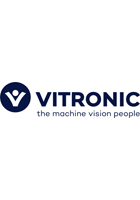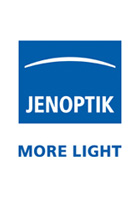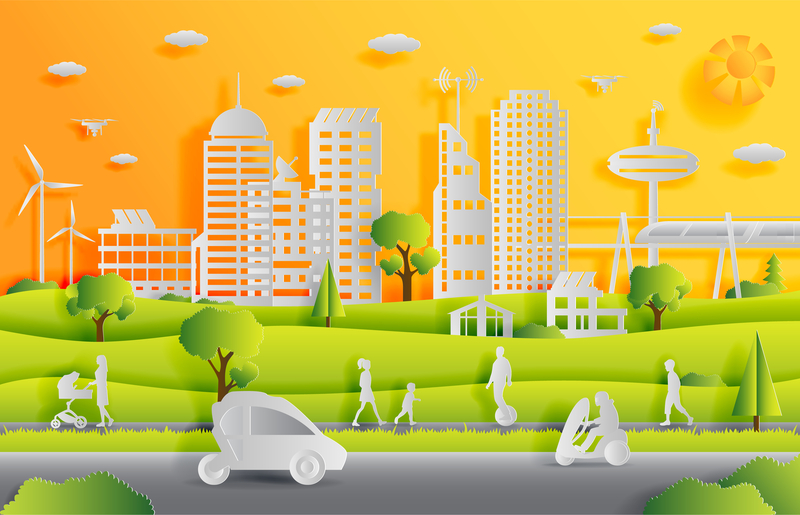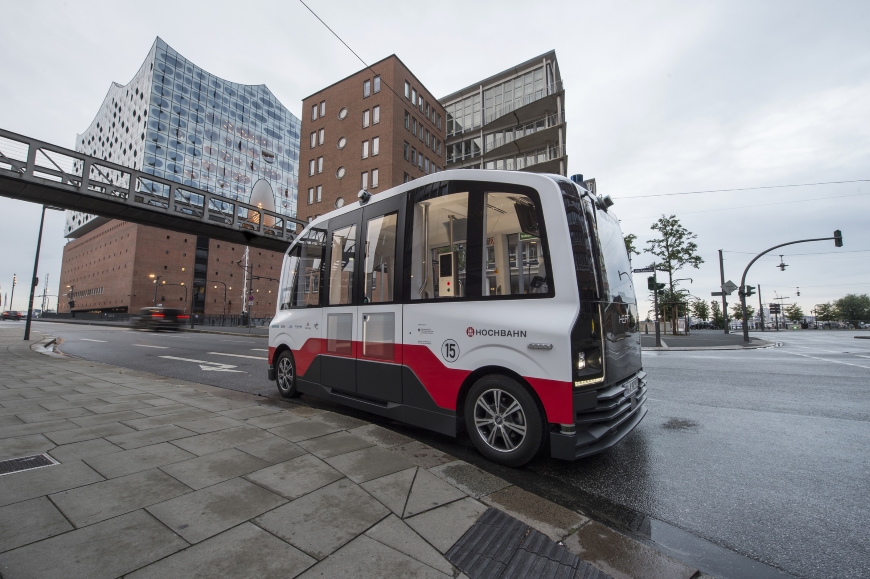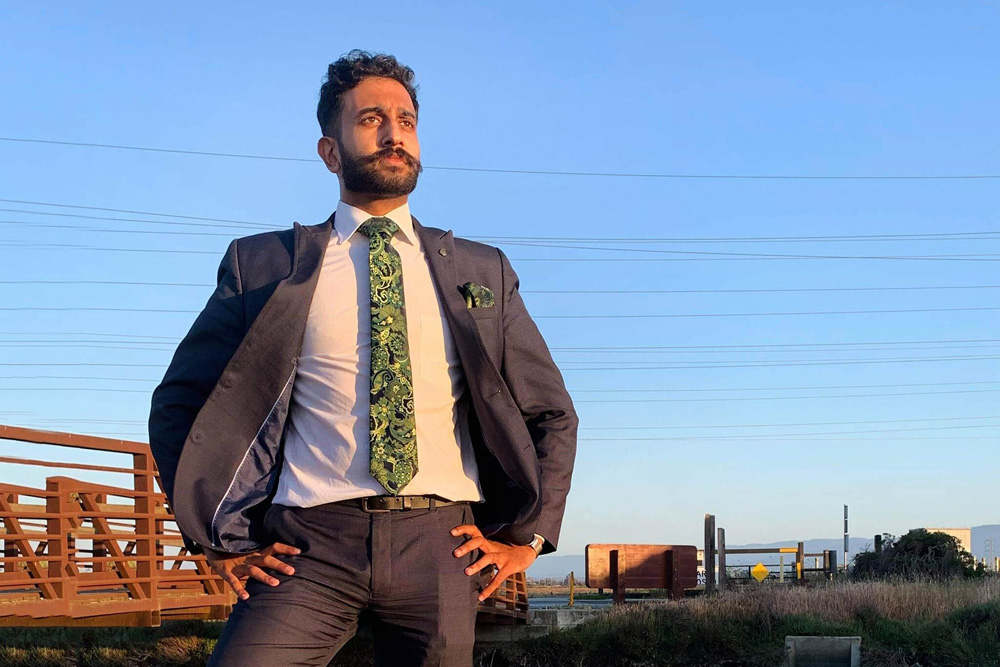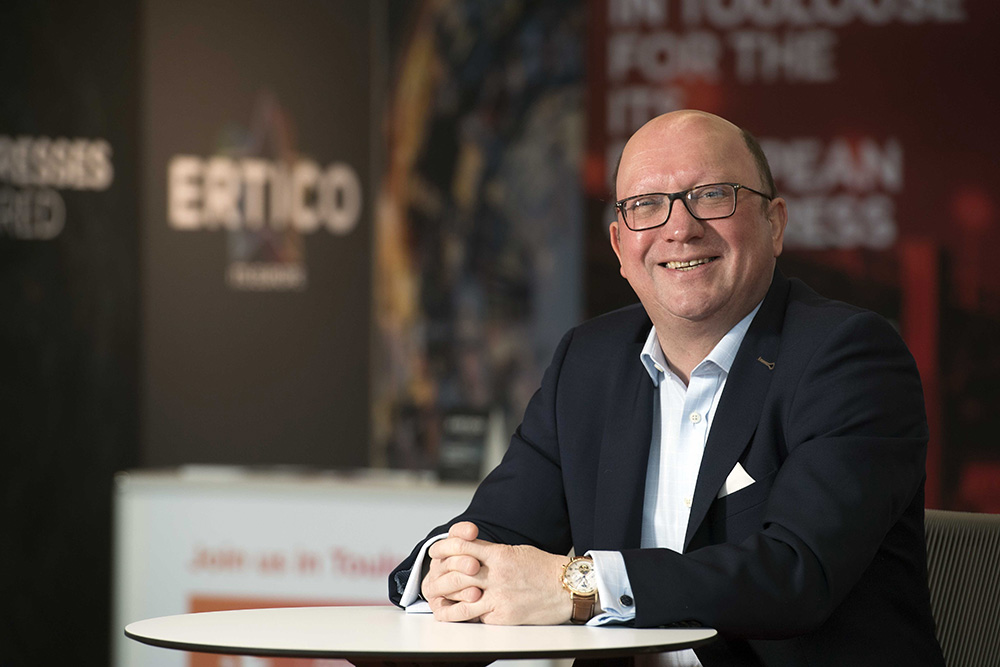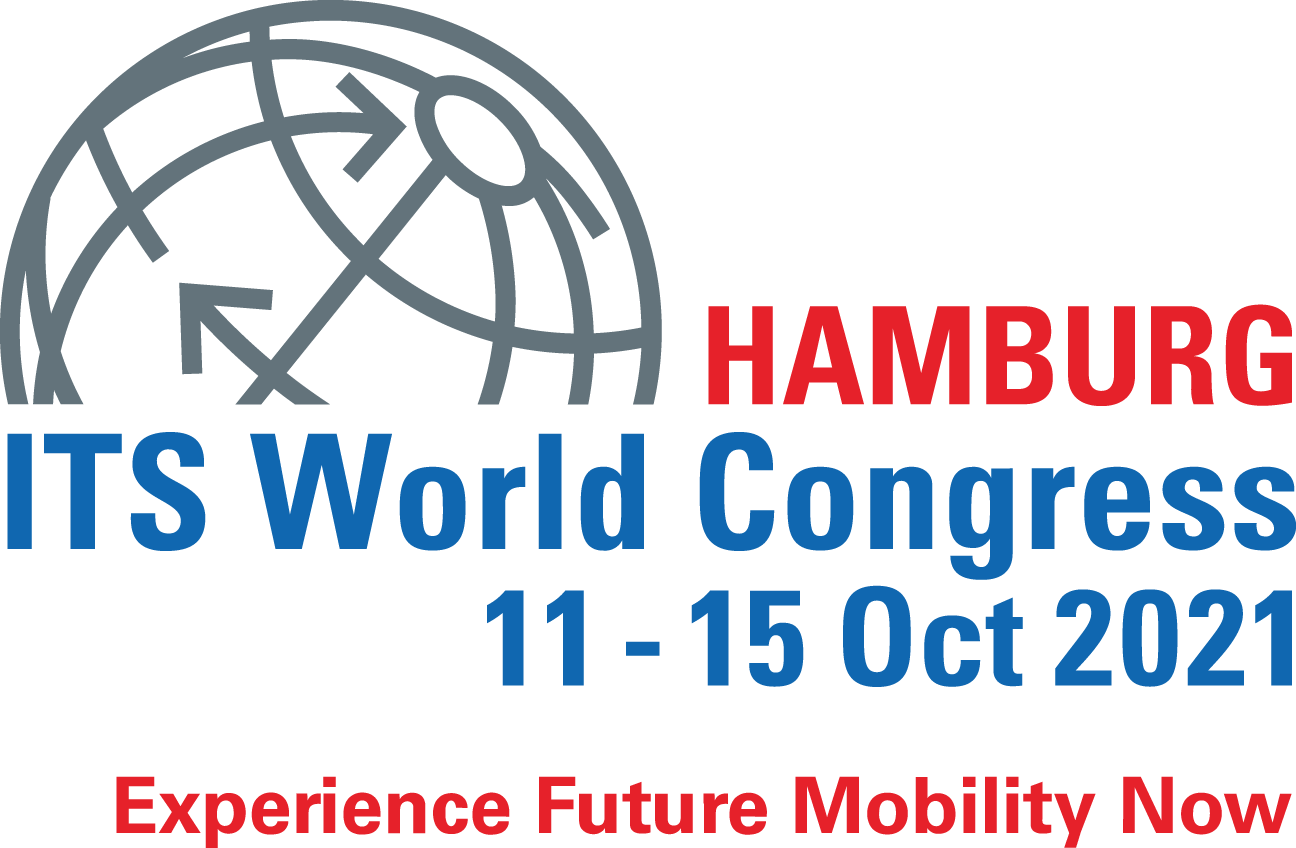If there is one message that Markus Schlitt, CEO of Yunex Traffic, wants to put across at ITS World Congress in Hamburg, it’s this: we need to act now. He is not talking about traffic (although traffic management technology is the Siemens Mobility company’s speciality) – he is talking about climate change.
The meeting in Hamburg is Yunex Traffic’s first large event as a separate entity; it was formerly Siemens ITS. “When we started this new company, we said we are combining 100 years of experience with the agility of a start-up,“ Schlitt says. “We want to show the industry that we are a new company, with a fresh image, a fresh logo with a fresh brand, and lots of innovations in our backpack.“
In Hamburg, Yunex Traffic will be highlighting products for tunnel and highway management, digital tolling and Clean Air Zones, as well as right-of-way solutions for fleets and bicycles.
But Schlitt emphasises that it will also be showcasing the company’s philosophy, with a portfolio streamlined around three purposes: climate action, safety and increased quality of life.
“My personal focus is clearly on safety as always - but it’s also a lot on climate action,“ he explains. “I have a little daughter, she's six years old: 18% of CO2 emissions come from road traffic and we need to do something. And this is really something that touches my heart; we want to give back to society and work on solutions which help cities to decrease their carbon footprint to being CO2-neutral. That is the ultimate goal.“
Digitalisation is going to be the key to achieving this, Schlitt believes. Yunex Traffic is targeting cities and highway authorities with its products and services. “These are our core customers since they are the network owners,“ he says.
He believes they have a mass of information that will enable them to engage in their mobility network and start facilitating change. The question is: how to exchange data and use it.
“We always need to create win-win situations,“ Schlitt continues. Allowing cities to better manage their traffic ecosystems will not only create more efficient traffic flow; it will also help authorities to make different modal options such as bikes, e-scooters and walking more attractive to residents. Both of these will help to reduce emissions.
“If we keep on with our mobility behaviour that 1.3 people on average are sitting in one car, we will not be able to solve the problem,” Schlitt says. Giving more space and priority to bike lanes and pedestrians can be done, as cities such as Paris have shown.
“Cloud computing is here, we all have smartphones so the technical possibilities are already there - we just have to apply that to our industry, we just need to make use of it,“ Schlitt concludes.
“That would be our message at the World Congress: as a society we have tremendous challenges ahead of us and we need to start now to think differently. Let's do it now - it's all there. We have this attitude and the mindset and the motivation to really make a change - now, not in 10 years‘ time, we want to do it now.“



